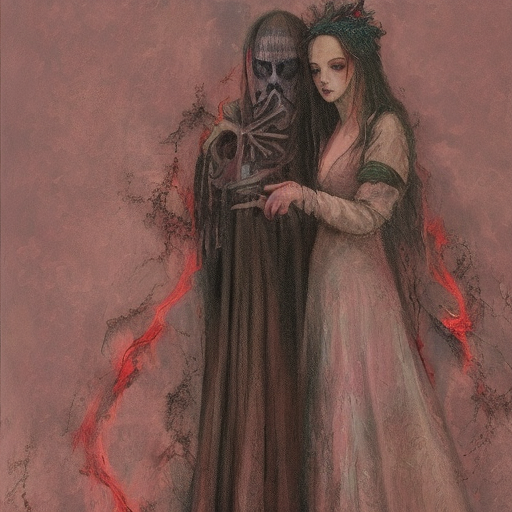Don’t Be Bad by Claudio Caligari: A Gritty Tale of Friendship and Self-Destruction
Main Cast and Crew:
- Director: Claudio Caligari
- Writers: Claudio Caligari, Giordano Meacci, Francesca Serafini
- Key Actors: Luca Marinelli (Vittorio), Alessandro Borghi (Cesare), Roberta Mattei (Linda)
- Music Director: Massimo Zamboni
- Director of Photography: Maurizio Calvesi
- Producers: Valerio Mastandrea, Giorgio Magliulo, Valeria Golino
Don’t Be Bad is a powerful Italian drama directed by Claudio Caligari. Set in the outskirts of Rome in the late 1990s, the film follows the lives of Vittorio and Cesare, two friends who find themselves caught in a downward spiral of self-destruction.
Vittorio and Cesare live a hedonistic lifestyle, indulging in drugs, parties, and petty crimes. They believe in living for the moment, rejecting any notion of responsibility or a better future. Their lives take a turn when Linda, a young woman with a troubled past, enters their lives. As Vittorio falls in love with Linda, tensions arise between the friends, leading to a series of events that test their loyalty and resilience.
The film delves deep into the complexities of friendship and the consequences of one’s choices. Vittorio and Cesare’s bond is both intense and destructive, as they enable each other’s destructive behavior. Their reckless pursuit of pleasure becomes a desperate attempt to escape the harsh realities of their lives. As the story unfolds, we witness the characters’ struggles with addiction, violence, and the consequences of their actions.
Central Themes and Motifs:
Don’t Be Bad explores themes of escapism, self-destruction, and the search for meaning in a world devoid of hope. The characters’ relentless pursuit of pleasure serves as a coping mechanism, masking their underlying pain and dissatisfaction. The film also examines the consequences of one’s choices and the impact they have on personal relationships.
Throughout the narrative, Caligari employs motifs of darkness and decay to mirror the characters’ internal struggles. The decaying suburban landscape serves as a metaphor for their deteriorating lives, while the constant presence of drugs and violence highlights the destructive nature of their choices.
Reception and Legacy:
Upon its release, Don’t Be Bad received critical acclaim for its raw and unflinching portrayal of a marginalized youth culture. The film won several awards, including the Best Director and Best Actor awards at the 2015 Venice Film Festival. Luca Marinelli’s performance as Vittorio was particularly praised for its intensity and vulnerability.
Regrettably, Don’t Be Bad was Claudio Caligari’s final film, as he passed away shortly after its completion. However, his legacy lives on through this powerful and thought-provoking work, which continues to resonate with audiences and inspire discussions about the human condition.
Recommendation:
Don’t Be Bad is a gritty and emotionally charged film that offers a poignant exploration of friendship, addiction, and the consequences of one’s choices. It is a must-watch for those who appreciate raw and realistic storytelling, as well as nuanced performances. However, due to its mature themes and graphic content, it may not be suitable for all audiences.
Memorable Quote:
“We’re not bad, we’re just unlucky.”
This line, spoken by Vittorio, encapsulates the characters’ belief that their destructive behavior is a result of circumstances rather than personal flaws. It reflects their desperate attempt to justify their actions and find solace in their shared experiences.












